We recently received the following letter and wanted to share it with you. I think it’s an inspiration and a testament to the kind of care we have right here in our own backyards.

“On Christmas Eve, while vacationing in Lutsen for the holidays, our Uncle John suffered a massive stroke, rendering him unable to speak or clearly understand verbal language. John was hospitalized in the Essentia Health System from December 24th – February 14, 2020.
The inpatient care John received included occupational therapy, physical therapy and speech therapy. The social workers, doctors and nursing staff were all truly amazing. Their compassion, encouragement and knowledge were outstanding. Although John will never be able to speak full sentences again, he has made remarkable physical progress, and we know he would personally like to thank all of his caregivers if he were able to.
John was discharged to go back home to the Twin Cities to continue his therapy there — outpatient speech therapy three times a week and occupational therapy two times a week. He graduated from occupational therapy during the first week of March.
As we all know, early in March the Pandemic became a concern to the MN health system when the first COVID-19 patient was diagnosed in Anoka County where we live. I work in health care and was genuinely worried about bringing John to the hospital for speech therapy. He is considered a high-risk patient. John was adjusting to a new home (living with my husband, two kids and me), adjusting to being disabled, and adjusting to new doctors and a new routine. We spent a lot of time reminding John to wash hands, to avoid touching anything, and then came the big blow. His “nonessential appointments” were cancelled. We understood, but John didn’t.
Trying to explain the inexplicable to someone who cannot efficiently comprehend verbal language, or verbally ask questions about the situation, was no easy task. The following week the Governor enacted the Shelter in Place order. It was scary. No going out to eat, no sports, no visiting friends or family, and most importantly, John could not call others to chat like the rest of us could during this stay-at-home order.
John thought he would try skate boarding. (He used to prior to the stroke.) Well, let’s just say, a really bruised ego and ten stitches later, reality set in pretty hard for him. His mood and attitude changed. How do you ask someone who communicates through a dry-erase board, “How do you feel? Are you ok? Do you need medical attention?” And then I asked him, “Are you sad?” He pointed at “yes,” and it broke my heart. I was worried for him, worried for us and worried for the world.
Our Twin Cities health system did not and still does not offer virtual speech therapy. This shocks me. If any type of virtual appointment was going to be effective for any type of therapy, one would think speech therapy would be the one.
In a last-ditch effort, I reached out to John’s former inpatient rehabilitation social worker (Mary) at Miller-Dwan Rehabilitation Services in Duluth. Mary had been my go-to gal during John’s lengthy hospital stay. She was my bridge between John in Duluth and us living in the cities. I asked via e-mail if they offered virtual speech therapy. Mary replied to my email, “Call me when you can.” That meant the world to me.
Stroke victims will make the most progress within 3-4 months poststroke. COVID-19 was cutting into John’s crucial recovery months, and we needed help. I sent his active speech orders to Duluth, and within hours, the wonderful team at Miller-Dwan had him set up with Amy for outpatient rehabilitation services at the Polansky Medical Rehabilitation Center for virtual speech therapy three days later. I cried. I couldn’t wait to explain to John what we had accomplished. It took a couple days and lots of dry-erase board writing, but we were set.
Day one was a little confusing, but exciting. Using a laptop computer together was a learning curve for John and Amy, but both are now experts. For the next appointment, I attached the laptop to the television so the images were larger for John to see better. This really helped. Fast forward a couple weeks: John gets up, showers, and with homework in hand, waits for his therapy check-in on the computer. I hear him laughing at the TV. This week John greeted Amy at the beginning of his session with “Hi Amy.”

John was improving. He was joining us upstairs more often and began going on daily walks. Still, his eyesight seemed to be a challenge. At Amy’s suggestion, a wonderful occupational therapist named Adrian, evaluated his vision. She gave us homework that would help “reroute John’s damaged brain pathways, wake them up again and find new ways for him to navigate his world more independently.”
Every day, I remind myself how hard this is for John during these COVID-19 times. It’s hard to reach out to others, hard to have independence and hard to express his concerns and questions. Virtual appointments have helped John with socialization, stroke rehabilitation therapy and his overall well-being. This has been such a learning process for us and for everyone in the health care field. No one ever thought that we would be treating patients from the comfort of our own homes, but now we know it can be done.
Thank you from the bottom of our hearts…
– Angie and John”
Thank you supporting the compassion and expertise that goes into helping people like John, and for being a part of our efforts to ensure the continuation of critical rehabilitation services in our region. If you’ve already given, please pass this story along, and remind your friends, family members and neighbors that some of the nation’s very best rehabilitation services are here in Duluth. And if you have an inspiring story to share, drop us a note. As we all work hard to care for one another, especially now, there’s no better way express your heartfelt kindness.

